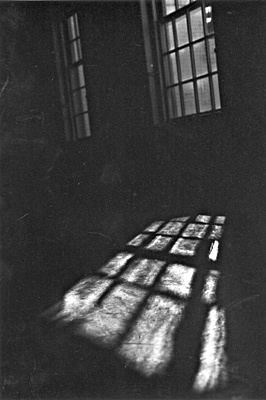All Nonfiction
- Bullying
- Books
- Academic
- Author Interviews
- Celebrity interviews
- College Articles
- College Essays
- Educator of the Year
- Heroes
- Interviews
- Memoir
- Personal Experience
- Sports
- Travel & Culture
All Opinions
- Bullying
- Current Events / Politics
- Discrimination
- Drugs / Alcohol / Smoking
- Entertainment / Celebrities
- Environment
- Love / Relationships
- Movies / Music / TV
- Pop Culture / Trends
- School / College
- Social Issues / Civics
- Spirituality / Religion
- Sports / Hobbies
All Hot Topics
- Bullying
- Community Service
- Environment
- Health
- Letters to the Editor
- Pride & Prejudice
- What Matters
- Back
Summer Guide
- Program Links
- Program Reviews
- Back
College Guide
- College Links
- College Reviews
- College Essays
- College Articles
- Back
Les Miserables by Victor Hugo
I read Les Misérables because my brother was in the musical Les Misérables playing Jean Val Jean. Let me tell you thing: if you are expecting the book to be like the play, then you’ll be surprised. Sure, the play has the same characters and main events, but the book goes into so much more detail. For example, in the play, Marius just sort of pops up as an entirely new character, whereas in the book, it explains his background, his youth, his father and grandfather, etc. The beginning with Jean Val Jean meeting the Bishop goes into much more detail as well. Don’t get me wrong, though. The book Les Misérables is very intellectually stimulating, although if you don’t have a good vocabulary or a very large dictionary nearby, you might not want to read it. There are some parts that do such a good job describing what is going on that you feel as if you are watching a video depicting exactly how everything was. The language and word choice is somewhat difficult to understand, and if you don’t have a reading level over 11th grade, you may want to wait a bit to read it, but no matter what you’re reading level is, there are many great things about Les Misérables that can be appreciated. The end is so touching that I actually cried (Gasp!) and was extremely moved, and the way Jean Val Jean defies the law again and again is truly awe-inspiring, as well. My favorite character by far is the Bishop, because Jean Val Jean steals his silver, and out of the goodness of his soul, he not only doesn’t tell the police to go after him, but when the police do catch him and take him to the Bishop’s house, the Bishop covers for him and gives him even more silver. Another note-worthy item from Les Misérables is how much Jean Val Jean changes. At the beginning, he is a cruel-hearted old son of a gun, but when the he meets the Bishop, the effect is immediately noticeable. Jean Val Jean unintentionally cheats a small boy of his money, and when Jean Val Jean notices his crime, he not only feels terrible about it, but also seeks to rectify his mistake, something that he most certainly would not have done before meeting the Bishop. There is one more character who had a profound impact on Jean Val Jean’s life, and that is Cosette. Jean Val Jean takes care of Cosette after her mother dies, and she thinks of him as a father (seeming as how he is the only parental figure she really ever knew). One thing that I got out of this is that even the most hardened criminals can be repentant. Even though the law persisted after him, Jean Val Jean kept clear of capture and, in the process, learned a lot about him and about other people through such people as the Bishop, Cosette, and Marius. The author definitely did a good job of portraying his beliefs through fictional writing, and it is indubitably one of the most touching, inspiring, and entertaining novels in the history of modern day literature. Les Misérables is one novel that everyone should read-the sooner the better.

Similar Articles
JOIN THE DISCUSSION
This article has 1 comment.

6 articles 0 photos 22 comments
Favorite Quote:
Beneath this mask there is more than flesh. Beneath this mask there is an idea, Mr Creedy, and ideas are bulletproof.